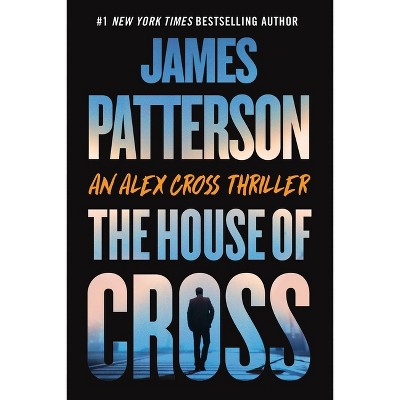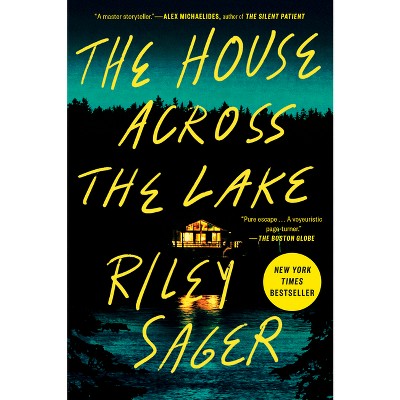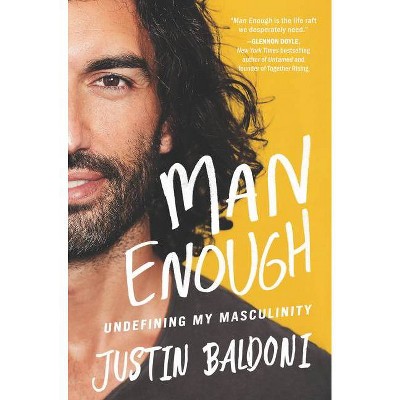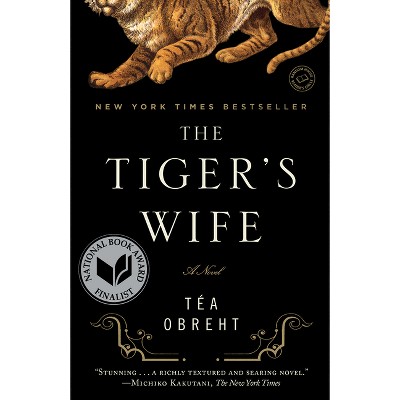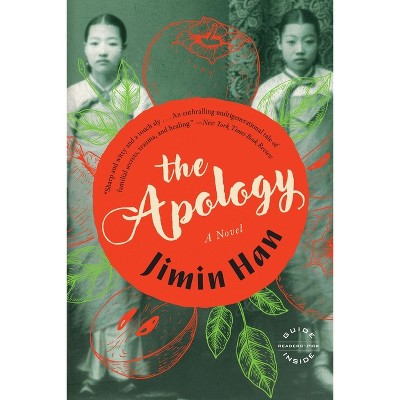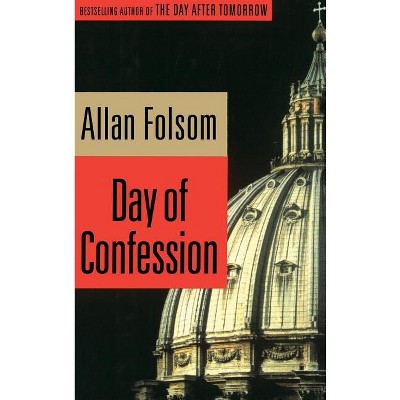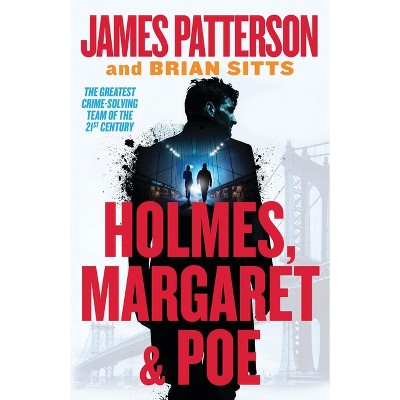Sponsored

The Uproar - by Karim Dimechkie (Hardcover)
In Stock
Sponsored
About this item
Highlights
- A "raw, tensely plotted, profound high-wire act of a book" (Téa Obreht) on the intricacies of marriage, class, and race, and just how far one man will go to protect his family--and himself.
- About the Author: Karim Dimechkie's first novel, Lifted by the Great Nothing, was praised by NPR, the PEN/Hemingway Foundation, and Oprah.com.
- 384 Pages
- Fiction + Literature Genres, Literary
Description
About the Book
"Sharif is a good person. He knows that he is good because he's aware of the privilege that he holds as a white man. He knows he is good because he chose to be a social worker at a nonprofit in Brooklyn, scraping by in New York City. And he knows he is good because his wife, Adjoua, a progressive Black novelist, has always said so. But Sharif's goodness doesn't protect him and Adjoua against bad luck. In an emergency, when they must find a new home for Judy, their beloved, unruly, giant dog before the imminent birth of their immunocompromised daughter, a desperate Sharif leaves Judy in the care of Emmanuel, an undocumented Haitian immigrant Sharif met through his social services nonprofit. When Emmanuel agrees to take the dog, it is only a momentary relief. What begins as a dispute between the young couple and Emmanuel's teenage son soon draws both families into a maelstrom of unpredictable conflict. As tempers flare into a public uproar, escalating to social media and being taken up by law enforcement, the cracks in Sharif and Adjoua's marriage are exposed. The couple is forced to confront everything they thought they knew about race and empathy, while Sharif must question if he was ever good in the first place. Immersive and propulsive, The Uproar is the book we need to understand the moment we live in now."--Book Synopsis
A "raw, tensely plotted, profound high-wire act of a book" (Téa Obreht) on the intricacies of marriage, class, and race, and just how far one man will go to protect his family--and himself. Sharif is a good person. He knows that he is good because he's aware of the privilege that he holds as a white man. He knows he is good because he chose to be a social worker at a nonprofit in Brooklyn, scraping by in New York City. And he knows he is good because his wife, Adjoua, a progressive Black novelist, has always said so. But Sharif's goodness doesn't protect him and Adjoua against bad luck. In an emergency, when they must find a new home for Judy, their beloved, unruly, giant dog before the imminent birth of their immunocompromised daughter, a desperate Sharif leaves Judy in the care of Emmanuel, an undocumented Haitian immigrant Sharif met through his social services nonprofit. When Emmanuel agrees to take the dog, it is only a momentary relief. What begins as a dispute between the young couple and Emmanuel's teenage son soon draws both families into a maelstrom of unpredictable conflict. As tempers flare into a public uproar, escalating to social media and being taken up by law enforcement, the cracks in Sharif and Adjoua's marriage are exposed. The couple is forced to confront everything they thought they knew about race and empathy, while Sharif must question if he was ever good in the first place. Immersive and propulsive, The Uproar is the book we need to understand the moment we live in now.Review Quotes
"A great, galloping read, pointed and provocative; the kind of book you might call a good bad time."--New York Times Book Review
"Karim Dimechkie's unbearably tense (yet frequently very funny) second novel is the story of a white Brooklyn social worker--a good man, deeply invested in the idea of his own goodness--and the incident that blows his life apart...A brilliant, shapeshifting, deeply insightful examination of race and class, marriage and modern masculinity."--Lit Hub
"What happens when everything you believe about yourself is challenged by a series of events seemingly out of your control?...There is so much stress and discomfort in this book, which is also its strength, making the reader complicit in assumptions before blowing them out of the water. It would make a great book discussion book."--Booklist
"A tour de farce! This propulsive Brooklyn comedy of manners goes off the rails like a rogue F Train."
--James Hannaham, author of Didn't Nobody Give a Shit What Happened to Carlotta"A white New York City social worker confronts the limits of his altruism in this tense offering from Dimechkie...Dimechkie's morality tale asks tough questions about the role of self-interest in conflicts fueled by class and race divisions. It's sure to start conversations."--Publishers Weekly
"The Uproar is at times hilarious, wise, insightful, and brave. It is at all times a pleasure."--Jonathan Safran Foer, author of Everything Is Illuminated
"The Uproar is essential reading for anyone who wants to understand the moment we live in now. Dimechkie drew me in with the twist-and-turns of this brilliantly plotted novel and kept me reading with his funny, complicated, and precisely drawn characters. By the end of the novel, I wasn't just moved by what happens to these characters--I was thinking more critically and deeply about my own morals and the type of person I want to be in the world. This book will stay with me."--Philipp Meyer, author of The Son
"A raw, tensely plotted, profound high-wire act of a book. Dimechkie puts his readers through the wringer, making us at once companions, critics, and accomplices on Sharif Safadi's ride of wild and gutting twists and turns."--Téa Obreht, author of The Tiger's Wife
"Tense, immersive, and provocative. The Uproar is at once a psychological drama and a bracing look at class, race, power, and marriage. Once you start reading, you won't want to stop for breath until the end."--Flynn Berry, author of Northern Spy
About the Author
Karim Dimechkie's first novel, Lifted by the Great Nothing, was praised by NPR, the PEN/Hemingway Foundation, and Oprah.com. Dimechkie was a Fellow of the Michener Center for Writers at the University of Texas at Austin, and has held residencies at the MacDowell Colony, The Anderson Center for the Arts, and the UCROSS Foundation. His writing can be found in the New York Times, TheSaint Ann's Review, and Empirical Magazine's Best of Anthology. Like the protagonist of The Uproar, Dimechkie spent more than five years working in New York City's social services in Flatbush, Brooklyn, while writing and acting as an MFA thesis advisor at Columbia University. He now lives between London and New York with his wife and son.
Shipping details
Return details
Frequently bought together
Guests also viewed
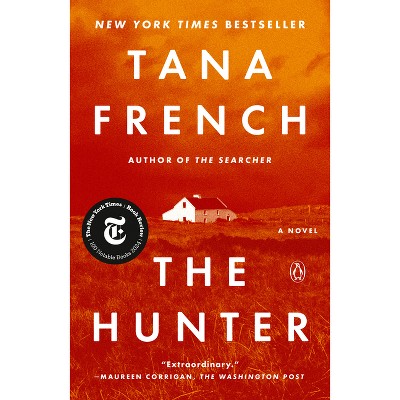
Discover more options

